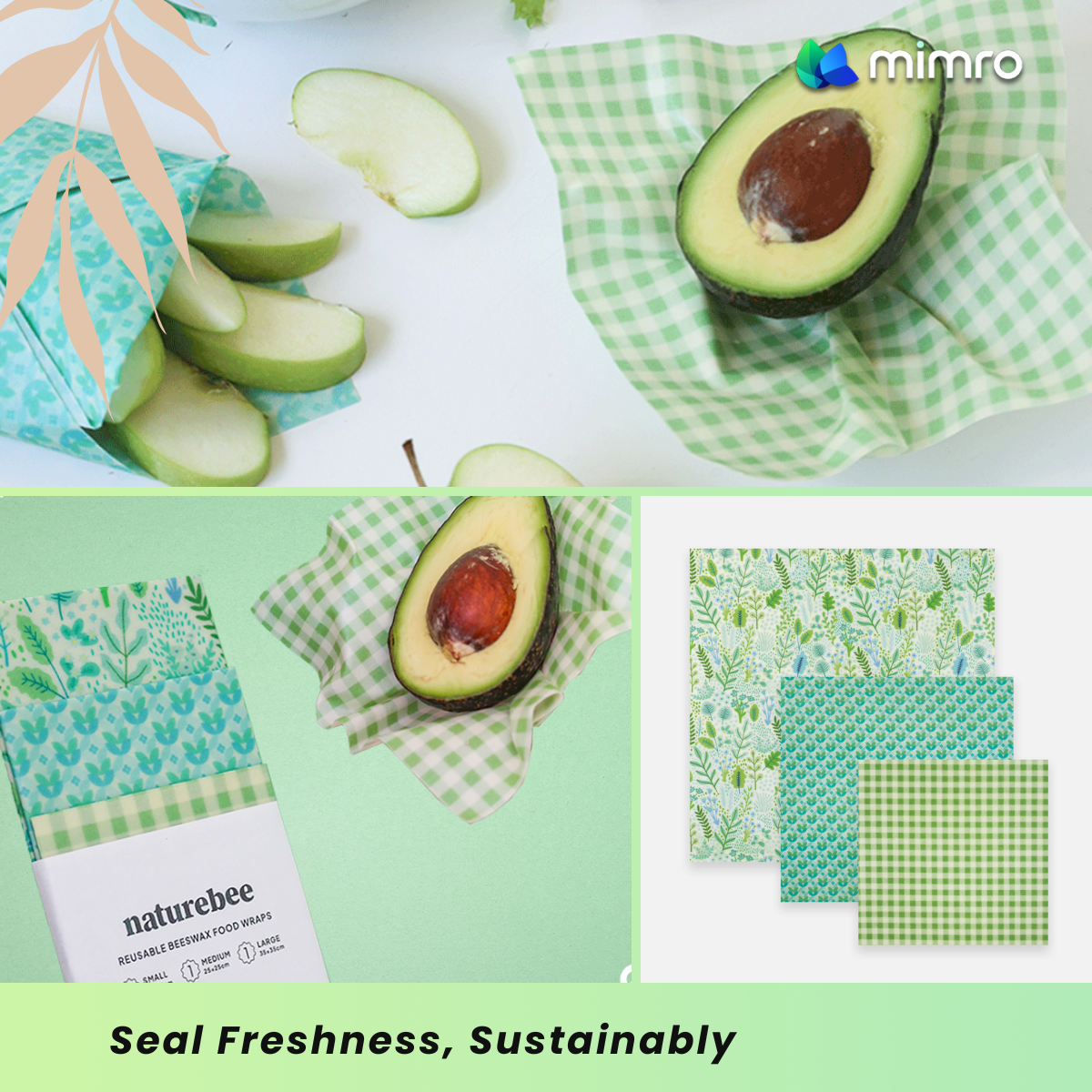Eco Quest of the Week
Play Eco Quest and see how small, fun choices can make a big impact on Earth!
This store requires javascript to be enabled for some features to work correctly.
Play Eco Quest and see how small, fun choices can make a big impact on Earth!
Play Eco Quest and see how small, fun choices can make a big impact on Earth!
Play Eco Quest and see how small, fun choices can make a big impact on Earth!
Play Eco Quest and see how small, fun choices can make a big impact on Earth!
Play Eco Quest and see how small, fun choices can make a big impact on Earth!
Play Eco Quest and see how small, fun choices can make a big impact on Earth!
🧺 New arrivals, new essentials, because your home deserves a little glow-up too 🚀✨

Published on July 17th, 2025 | 5 min read
When discussing climate change, carbon dioxide (CO₂) often takes center stage. But there’s another greenhouse gas that’s causing concern, one that’s even more powerful and rising fast: methane.
Though it stays in the atmosphere for a shorter time than CO₂, methane is over 80 times more potent at trapping heat over 20 years. And right now, it’s leaking into our environment from multiple sources, accelerating global warming, fueling extreme weather, and making the climate crisis even harder to control.
At mimro, we believe that understanding where our emissions come from and what we can do about them is key to building a truly sustainable lifestyle. So, let’s dig into the methane problem and why it deserves more of our attention.
Methane (CH₄) is a colorless, odorless gas produced naturally and through human activity. While some methane is emitted from wetlands and other natural sources, the majority now comes from human actions. Here are the top culprits:
Methane’s short-term impact is where its danger lies. While CO₂ sticks around for centuries, methane traps intense heat in the near term. That makes it one of the biggest threats to staying within the 1.5°C global warming limit outlined in the Paris Agreement.
Worse, methane emissions are rising faster than ever. The 2020s saw record-breaking increases, driven by increased fossil fuel use, agricultural expansion, and poor waste management.
The methane crisis can feel invisible, but your daily choices have real power. Here are a few climate-smart shifts you can make:
We’re proud to feature products that help fight methane at the source, from compostable kitchen goods that stay out of landfills to plant-based pantry staples that reduce demand for methane-intensive farming.
By shopping with intention, you’re not just reducing waste, you’re sending a powerful message: that everyday choices can influence planetary systems.
💚 Methane may be invisible, but your impact isn’t.
Sources:
Published on July 3rd, 2025 | 4 min read We often hear that living more sustainably means driving less or...
Published on July 2nd, 2025 | 4 min read When it comes to climate change, it’s easy to feel like...
Published on 26th June | 5 min read Imagine this: one bottle, used over and over, eliminating the need for...
Published on July 3rd, 2025 | 4 min read We often hear that living more sustainably means driving less or...
Published on July 2nd, 2025 | 4 min read When it comes to climate change, it’s easy to feel like...
Published on 26th June | 5 min read Imagine this: one bottle, used over and over, eliminating the need for...





